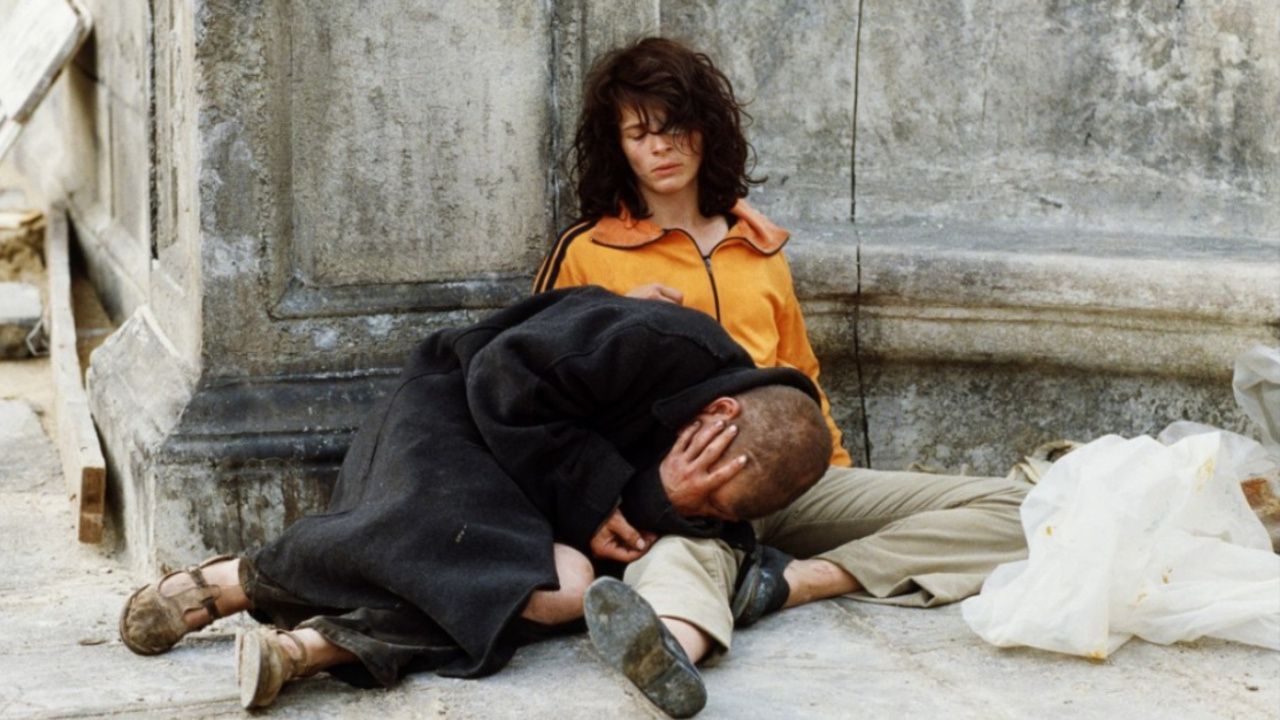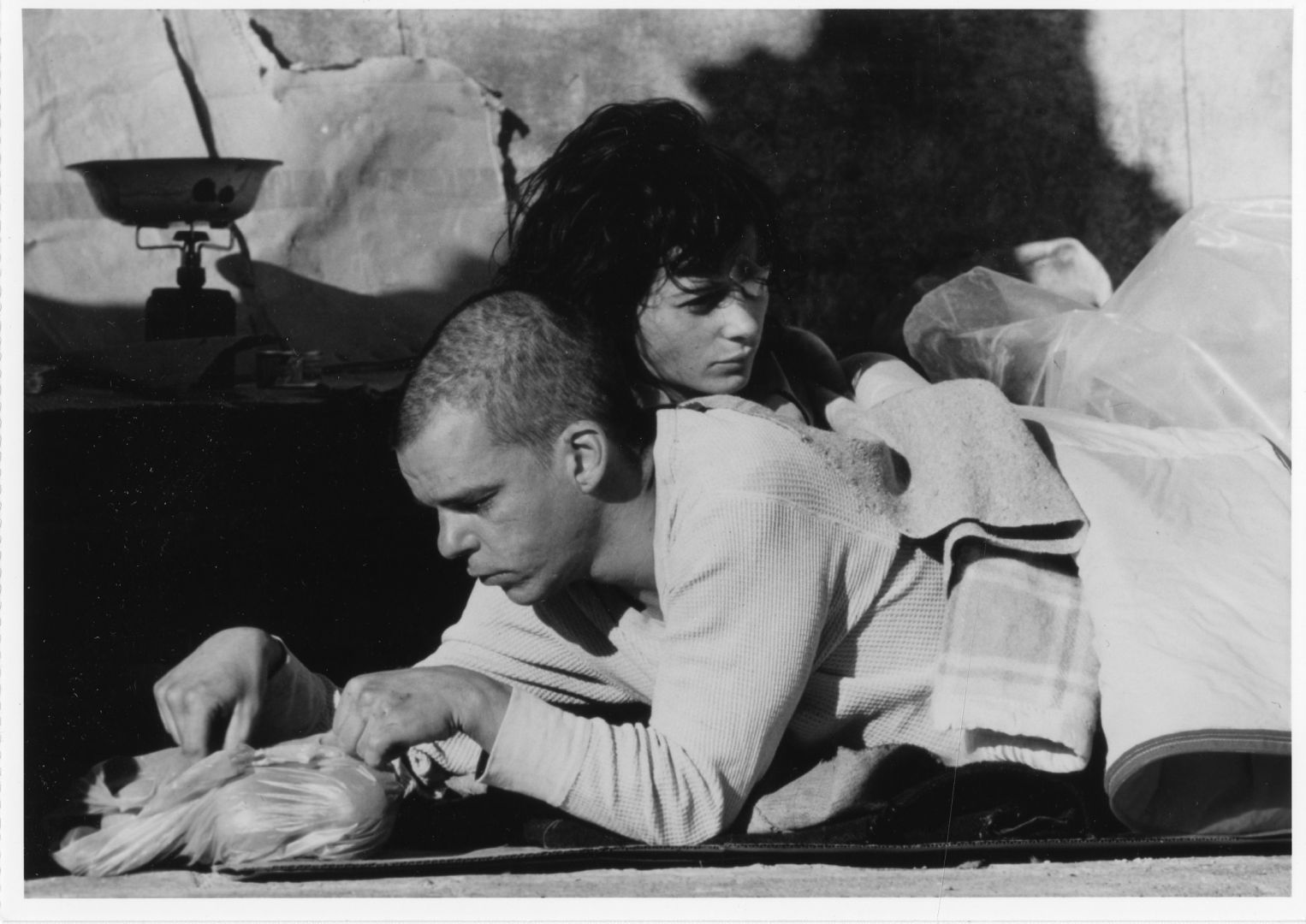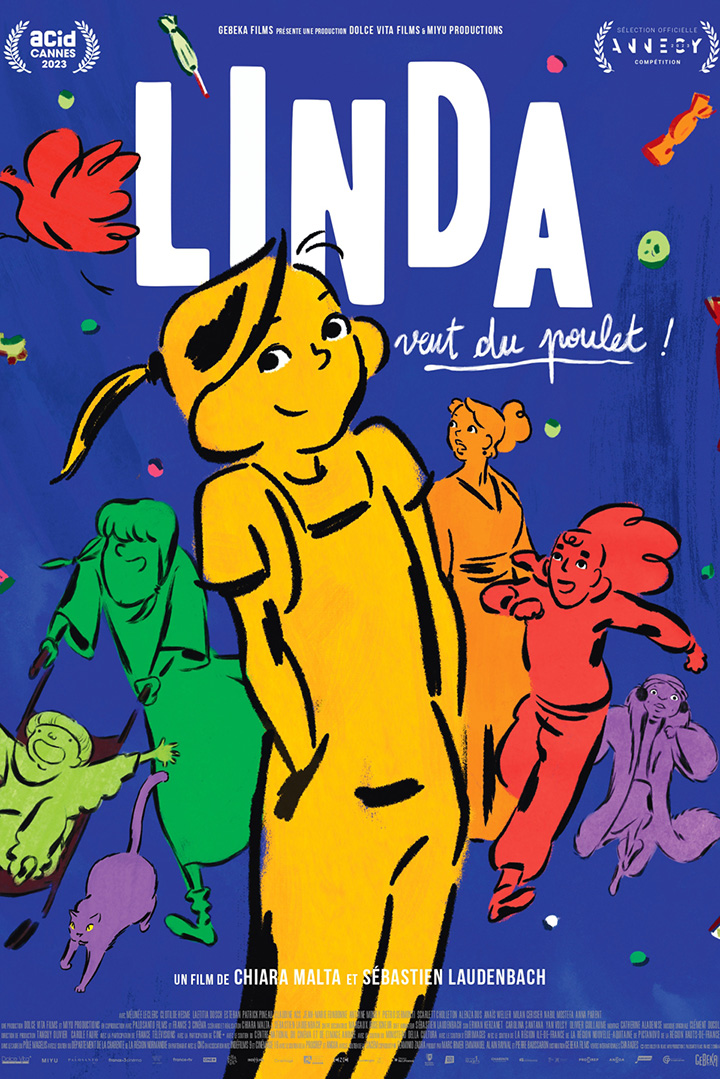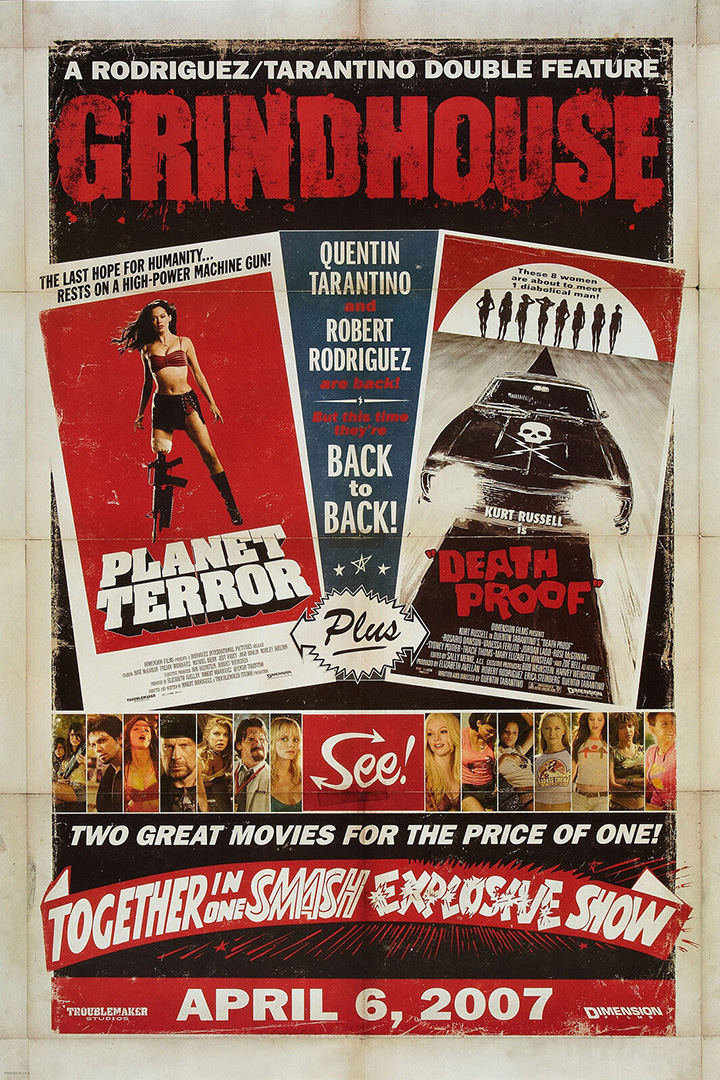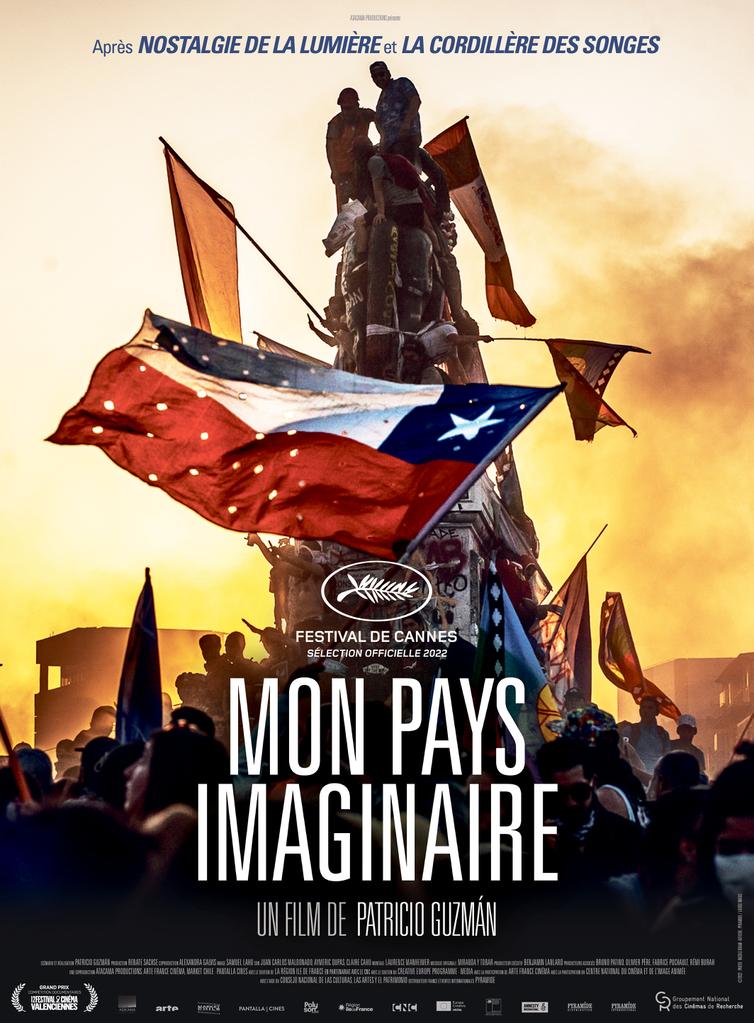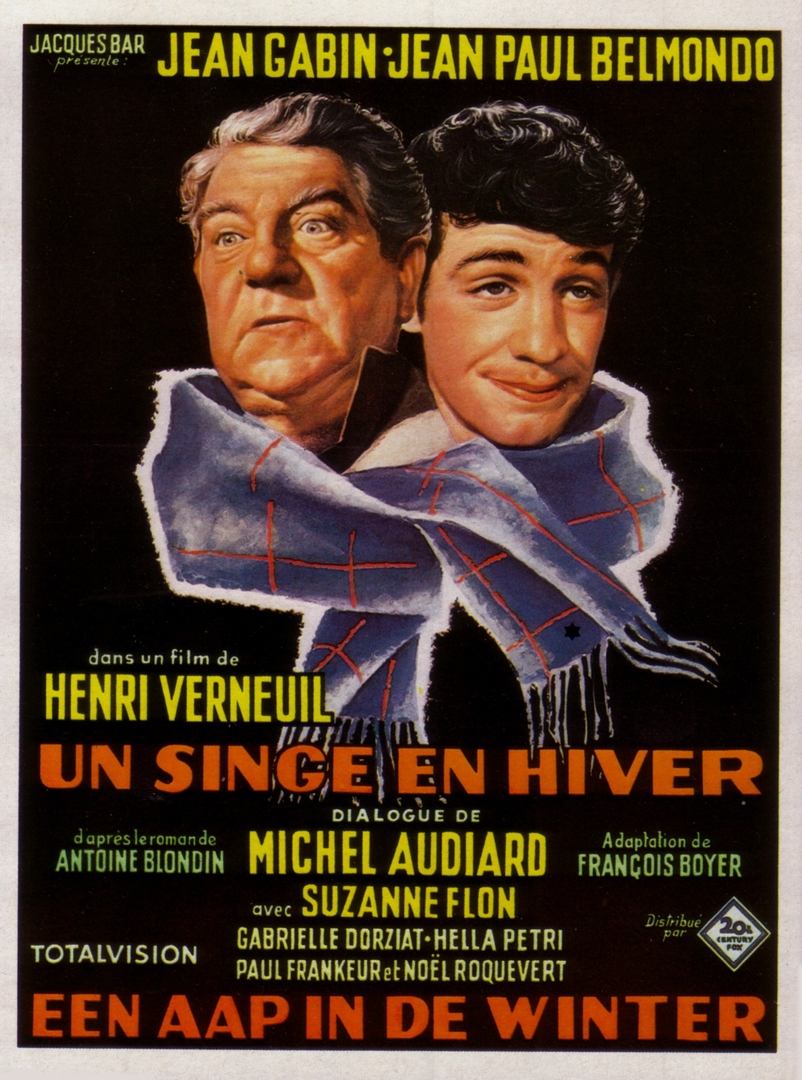Les amants du Pont-Neuf
This end-of-year cycle is an opportunity to bring together some of the finest 35mm prints in our collections.
The criteria that led to this selection:
a) the rarity of the chosen movie on film
b) the effect of contrast (period, style, culture) between one film and the other
c) the quality of conservation of the print
Stephanie Creaghan's The Dailies is an ingenious series of very short works in which video art and cinema overlap. Nineteen titles from this series are featured in our December program as a dreamy and intimate tribute to the cinephile experience.
Stephanie Creaghan makes work about how violence inserts itself into communication, combining different pathways (like audio and video) to uncover these latent forms of manipulation to bring to light the undiscussed/repressed.
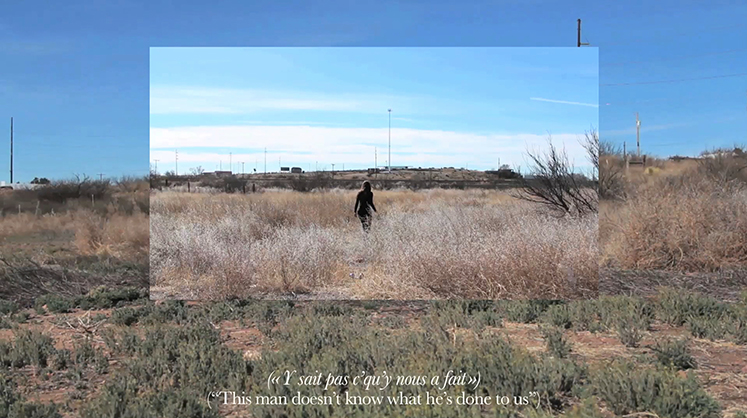
A couple is formed: the vagabond acrobat Alex meets Michèle on the Pont-Neuf. A crazy love story is born in the form of a tale, a dream, a nightmare.
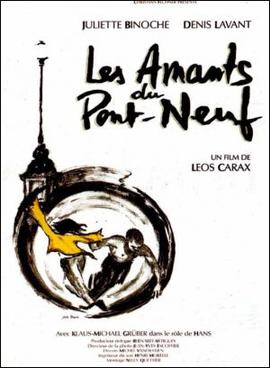
Leos Carax
Born in 1960 under the name of Alex Dupont, Leos Carax (anagram of Alex and Oscar) is one of those directors whose atypical career has managed to reconcile outbursts and long absences, becoming an object of cult despite its sporadic character. After his film studies, Carax quickly launched himself into directing. His first films, Boy Meets Girl and Mauvais sang, already reveal his original style, with dreamlike romanticism, as well as the presence of his favorite actor, Denis Lavant. Following the difficult shooting of Les amants du Pont-neuf, eight years passed before Carax shot a new feature film: Pola X, adaptation of Pierre ou les ambiguïtés by Herman Melville. A new withdrawal in the 2000s, the filmmaker made a remarkable return to the front of the stage in 2012 with Holy Motors. Almost ten years later, the musical film Annette, the fruit of a collaboration with the group Sparks, opens the Cannes Film Festival.
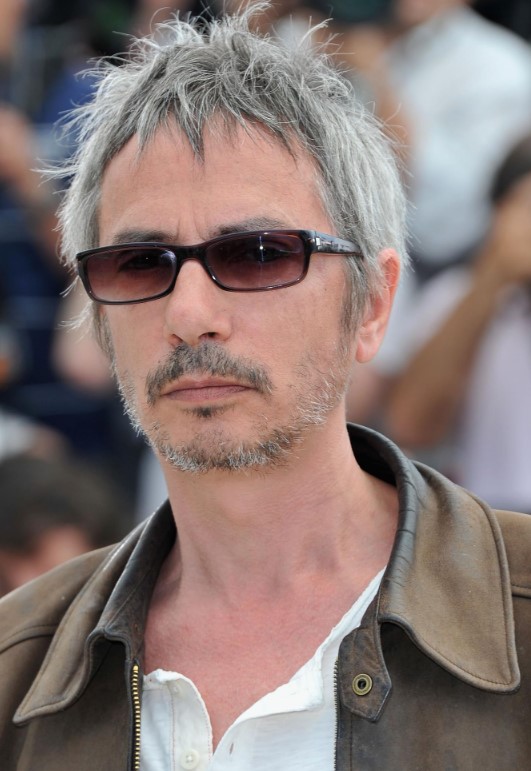
Explore
The image is happiness. Leos Carax's cinema
Jean-François Hamel, Ciné-Bulles (Free translation)
Leos Carax. For some, this name is unknown or still obscure. Many have not seen his films or have simply heard of them; others were indignant, lost by the proposals of this resolutely singular filmmaker. For still others, he alone evokes, in barely a handful of films, a whole section of contemporary French cinema since the 1980s. He carries on his shoulders, with Philippe Garrel, the heritage of the New Wave, in particular that of Jean-Luc Godard, with whom he shares a taste for audacity.
